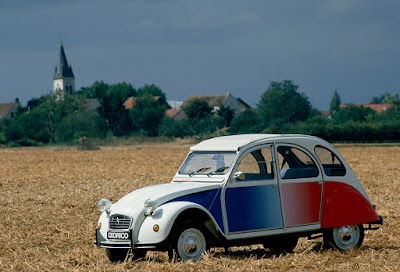I refrained from writing about Donald John Trump two weeks ago, when the US Presidential election race finally ended, because the prevailing mood in the United States was too raw, and too polarising, to make light of the situation, and no-one from the land of Brexit can realistically make light of political problems elsewhere.
However, comedy is described as tragedy plus time, and Trump is described alternately as Charles Foster Kane and Biff Tannen, despite winning a Golden Raspberry Award for Best Supporting Actor in the 1990 Bo Derek film “Ghosts Can’t Do It,” where he played himself.
The comparisons with “Citizen Kane” endure, especially when Trump was asked about it, in 2002, by the documentary maker Errol Morris, for an unfinished film. Trump recognised the theme of wealth not being everything, and how it isolates you from people. However, the subsequent focus on his comments is regarding the montage of scenes between Kane and his first wife, over a breakfast table that progressively puts more distance between them. “Perhaps I can understand that—the relationship that he had was not a good one for him,” Trump says.
From behind the camera, Morris asks, "If you could give Charles Foster Kane advice, what would you say to him?"
“Get a different woman.”
Trump also thought that people did not understand the meaning of the “Rosebud” sledge because that was the name used: “Perhaps if they came up with another word that meant the same thing, it wouldn't have worked… But Rosebud works."
Trump also spoke, in an interview with Mark Singer for “The New Yorker” magazine in 1997, about his favourite film being “Bloodsport,” a 1988 martial arts film starring Jean Claude Van Damme. However, he charged his son Eric with fast forwarding past the exposition and dialogue, to see just the action. “You want to write that Donald Trump was loving this ridiculous… movie, but are you willing to put in there that you were loving it, too?” Would his opinion have changed if he saw all of it?
Regardless of whether his words helped him become President-elect, so many of Donald Trump’s words, said over months, years, could have gone unsaid, and more people could have thought more of his words. However, the bleak museum of Twitter means we no longer have that option. “Publish and be damned,” the Duke of Wellington said in 1825, but online, posting your own words may bite you in the behind, sometimes immediately.

For Trump, his impulsive use of Twitter makes him a very easy figure to satirise, when what he says defy you to take them seriously. Calling “Saturday Night Live” a “totally one-sided, biased show,” he wanted equal time to respond. For Trump-mirror Alec Baldwin to point out the election is over, “there is no more equal time,” and that we must now respond to his actions as President, reveals a disconnect between the thoughts of a private man, that have to be replaced by the considered pronouncements of a public figure, for there must be no risk of conflating the two of them.
The farrago over “Hamilton,” a hip-musical about a Founding Father, turned very quickly from the booing of the Vice President-elect, Mike Pence, who was in the audience, over to Trump’s condemnation of the “overrated” musical’s cast for “harassing” Pence, in the same manner he berated protestors, “incited by the media,” before acknowledging they “have passion for our great country” – one wrong tweet, one moment too late. That Pence was the diplomat, stopping to listen to the cast’s impassioned speech, insisting later that he took on their message, while telling his son that the boos are “what freedom sounds like,” shows that his job as Vice President is to act as a “superego” for a man that never previously needed one.
(I love that Trump thinks the theatre “must always be a safe and special place,” a point not lost on Arthur Miller, writer of “Death of a Salesman,” or Abraham Lincoln, for that matter.)
Six months ago, I began “Dancing with the Gatekeepers” by talking about how Yoko Ono overrode the original reason for The Beatles being given their name, in favour of John Lennon’s joke remark about a dream, involving a man on a flaming pie. An underlying theme of life, to me at least, is to be careful when people impose their thoughts upon you, make sure to question their motives, and look for evidence.
Donald Trump will be President of the United States from 20thJanuary 2017, and the weight of that office demands respect. However, the holder of that office cannot afford to be given the benefit of the doubt, especially when Trump has never appeared to need it before. He will be given the opportunity to govern in the way he sees fit, but he will be under constant scrutiny, for every single decision, for every public utterance, for the rest of his life...
Good luck to us all, whoever we are, wherever we are, whatever he does, whatever we do.
















